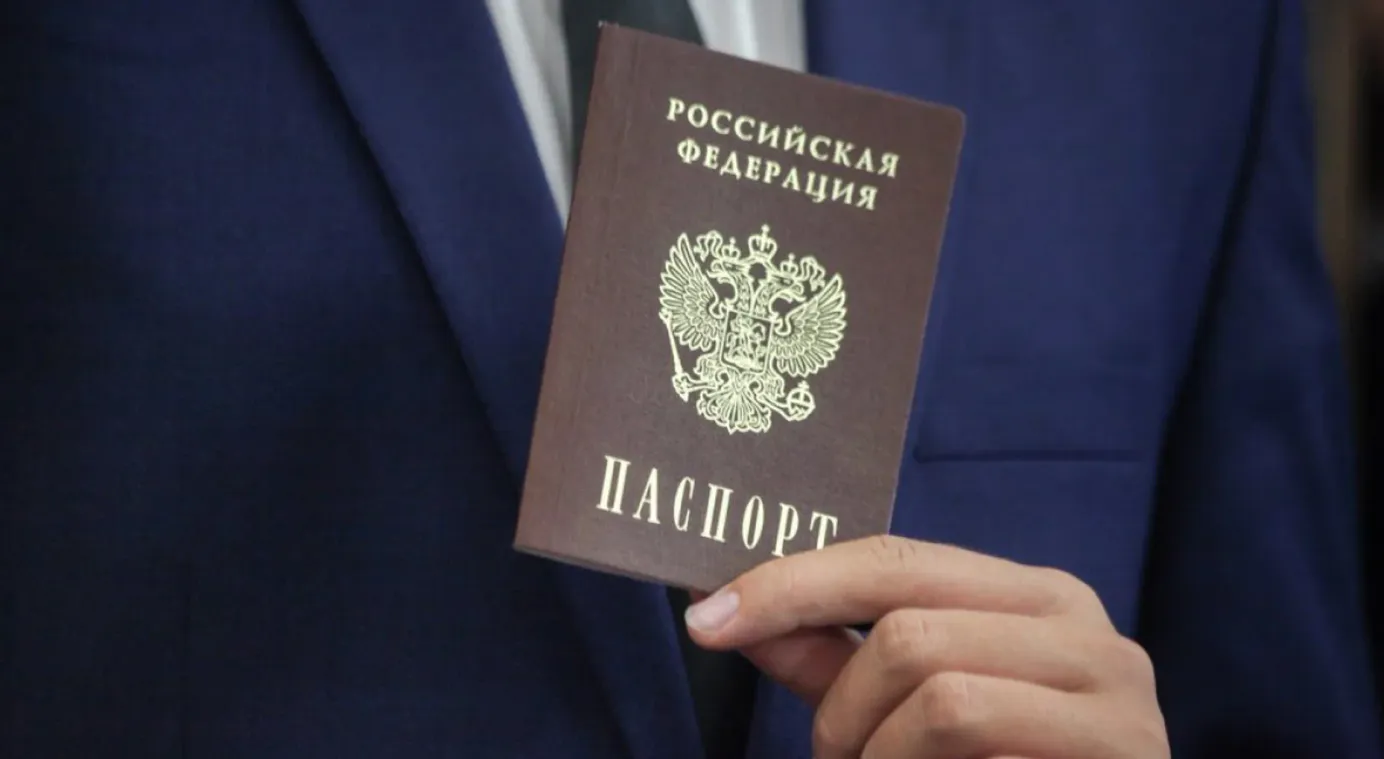
Russian vehicles seized in Germany
A new challenge has arisen for Russians in Europe. Germany, a favored destination for Russians fleeing their home country, has started to arrest the vehicles of Russian immigrants. Although this measure is unlikely to have any direct impact those evading sanctions, it creates new hurdles for those who have the right to migrate to Europe.
- About a dozen Russian citizens have already encountered problems with having their cars arrested. These incidents have so far only been reported in Germany — up to now, EU countries bordering Russia have let them through without any issues. However, this suggests that similar risks could potentially apply in other countries and may extend beyond vehicles, the Russian independent media site Agentsvo reported. While owners can resort to legal recourse to recover their vehicles, the process is likely time-consuming and expensive.
- Russians residing in or traveling through Germany have witnessed their vehicles being seized. Ivan Koval, who lives in Hamburg with a German residence permit, had his car confiscated by customs officials from his home. Another individual, known only as Sergei, told the Fontanka news website that customs officials stopped him on the autobahn while he was travelling with his family. They unloaded his possessions from his car before towing it away.
- These reports first emerged in chat rooms serving the Russian community in Germany. However, the German authorities officially commented on the situation last week. “The importation of passenger cars from Russia to the EU is forbidden in accordance with Article 3i, Regulation 833/2014, which defines the embargo against Russia. In this context the expression ‘importation’ covers all movement of goods. The embargo does not imply any exemption from the ban in the circumstances specified,” the RBC newspaper reported, citing Germany’s customs directorate.
- The use of the word Einfuhr (import) in the German documents has caused controversy. This word covers not only commercial import as in the English version, but also temporary import with no intention to sell. The explanation from the customs service means that the latter is expressly prohibited. This is in line with EU practice, which allows each country to interpret and implement European sanctions on its own terms.
- In theory, many other items could be impounded in Germany using the same logic, including shoes, laptops and mobile phones. So far, however, there have been no reported cases of such items being confiscated.
Why the world should care
It’s clear that German customs’ newfound practice is a bureaucratic consequence of keeping to the letter of the law. It’s entirely likely these cases could be contested in court by demonstrating that the vehicles in question were imported for personal use. However, this places an additional burden on anti-war Russians looking to leave the country, with selling their cars becoming another item on their to-do list.




